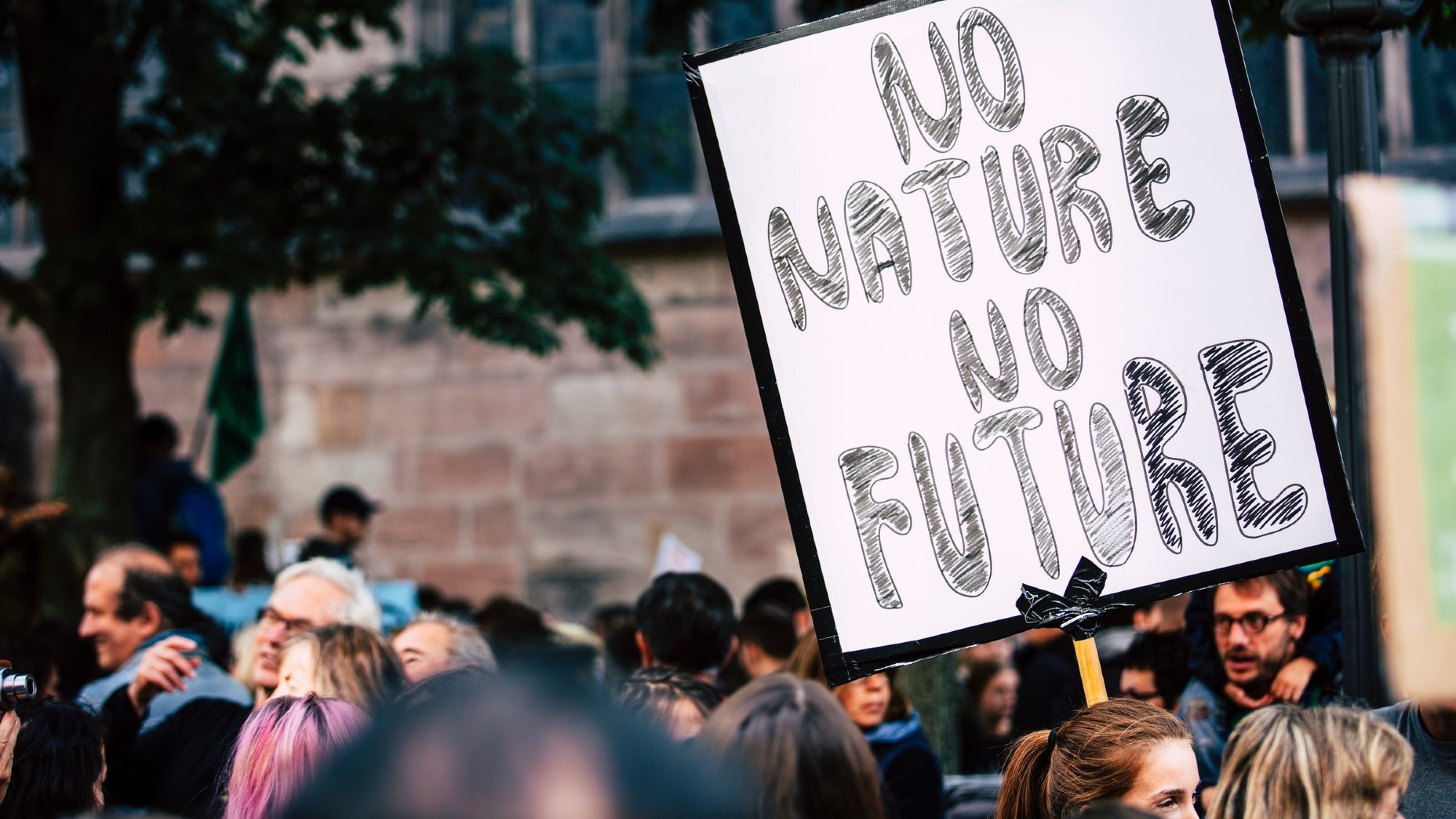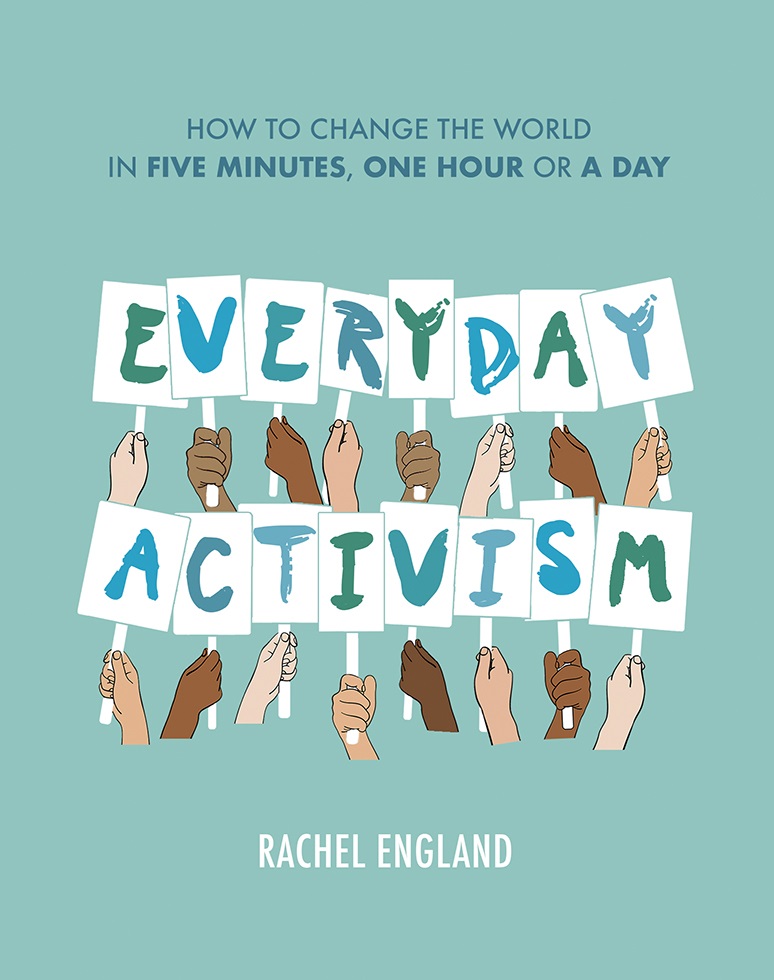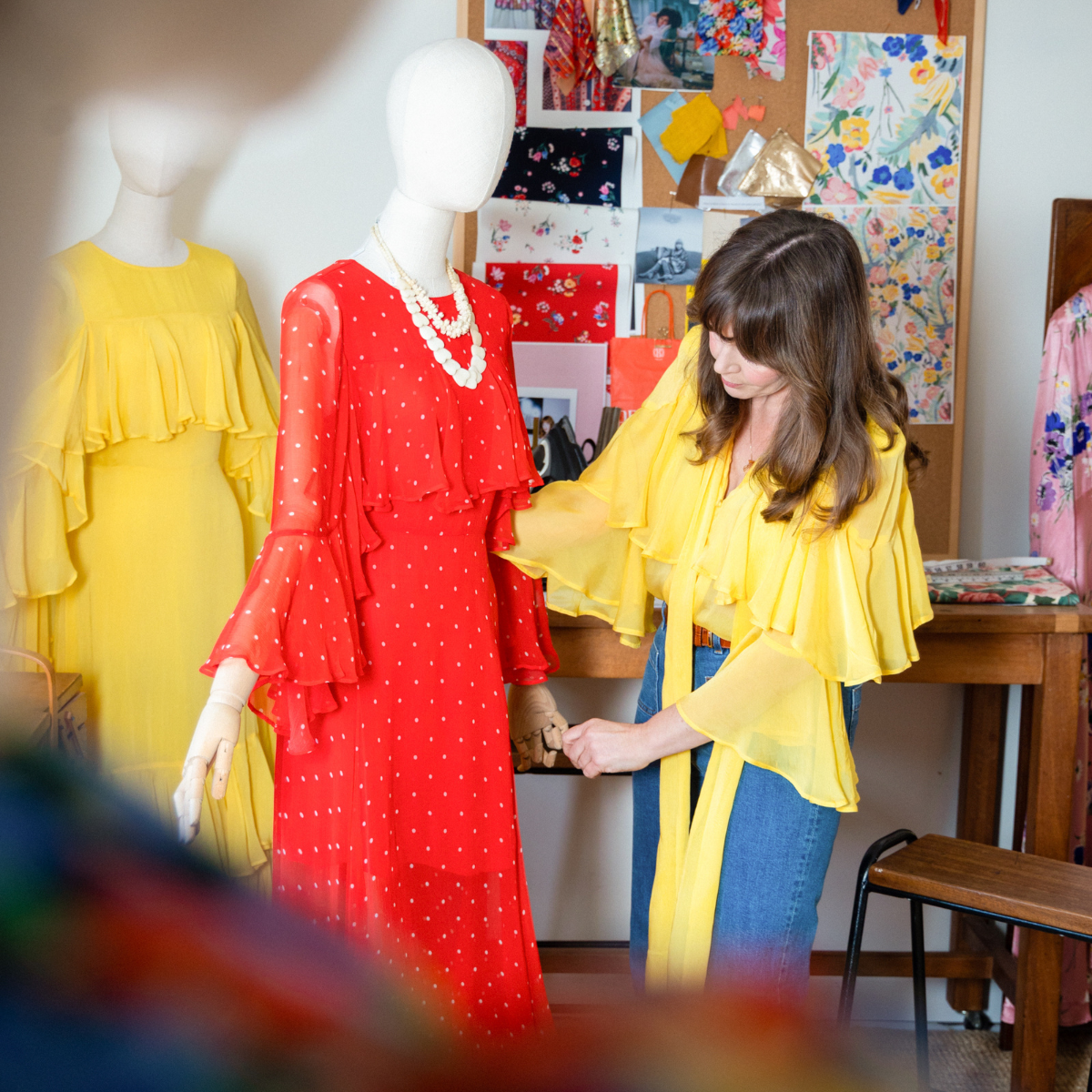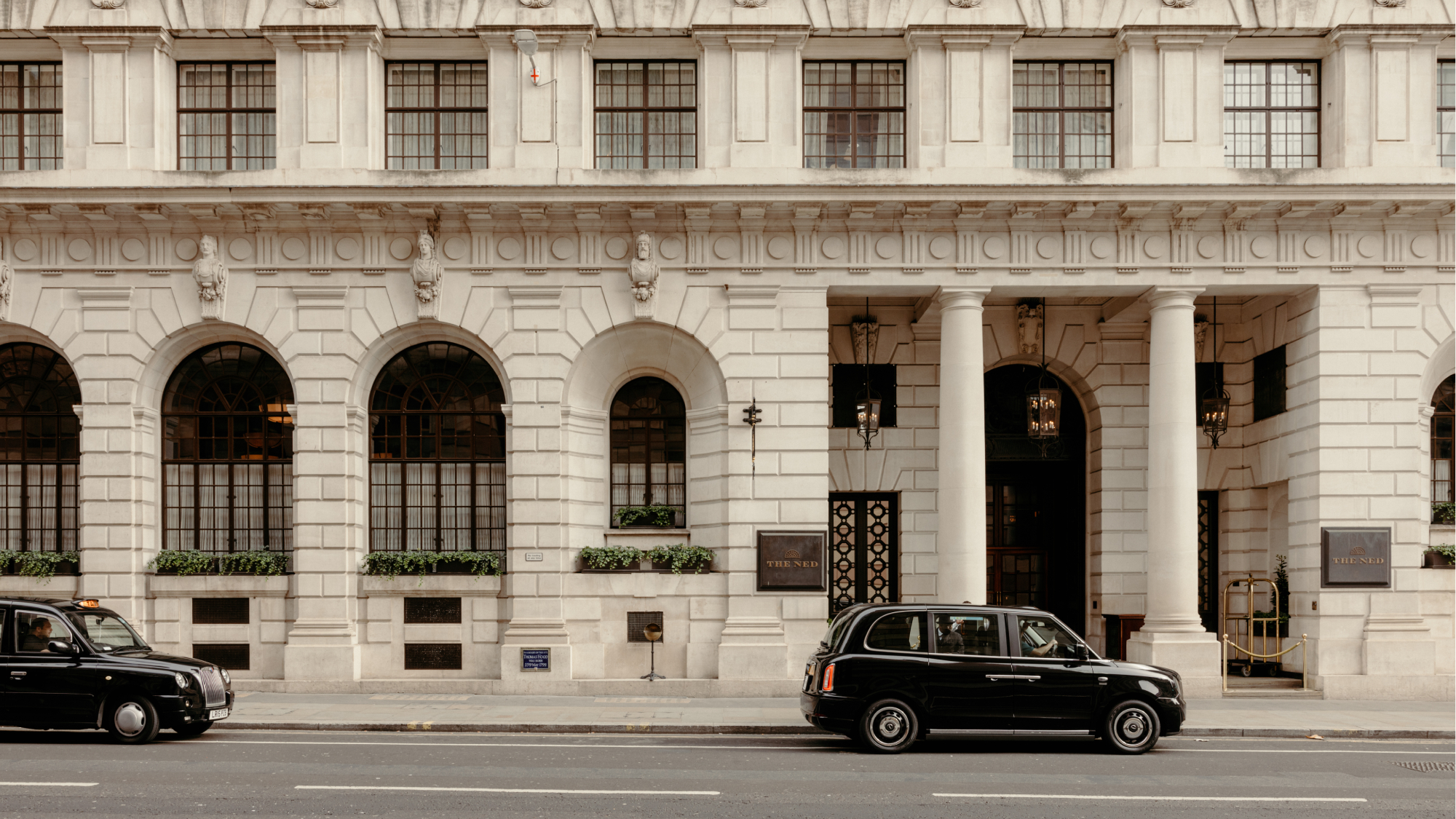Do your climate-friendly actions really make any difference?
Recycling your rubbish or having a meat-free Monday can seem pointless in the face of such consistently bad climate news, but as Rachel England argues, collective action is more important now than ever


Recycling your rubbish or having a meat-free Monday can seem pointless in the face of such consistently bad climate news, but as Rachel England argues, collective action is more important now than ever
A few nights ago I was sat in my garden enjoying a much-needed glass of after work wine, when a couple passed by on the neighbouring footpath. Beers in hand, one of them popped a bottle cap off, letting it fall on the ground. “Tsk, don’t do that,” scolded the woman. “Why?” her partner replied. “It doesn’t make any difference to anything.”
This is something I hear a lot in my line of work as a sustainability writer. “It doesn’t make any difference” if you check whether that little piece of plastic packaging can be recycled, because the oceans are already completely choked full of the stuff. “It doesn’t make any difference” if you buy another cheap t-shirt from a high-turnover clothing store, because it’s already been made. “It doesn’t make any difference” if you hop in the car for a minute-long journey to the shop, because CO2 emissions are already at unmanageable levels.
And by this line of thinking, it doesn’t make any difference whether you do make greener choices, such as recycling properly, buying from sustainable brands or leaving the car at home. In short, what’s the point of any of it, when the world is already (figuratively and literally) on fire, and anyway, we’re all rather preoccupied with navigating a global pandemic? Plus, we’ve all seen those viral tweets pointing out how much environmental damage big business and multinational corporations are having on the world – damage that we as individuals could never hope to mitigate.

Here’s the thing, it’s absolutely true. Every single example I’ve mentioned above makes absolutely zero difference to anything on an individual level. That stray bottle cap will not tip my local ecosystem into chaos, nor will that quick car ride to the store be responsible for the sea level rise that’s eventually going to flood huge swathes of the UK.
Let’s be realistic. No-one is going to single-handedly save the world with their eco-actions. But what happens when everyone stops littering? When everyone stops buying into fast fashion, or opts for a short walk instead of a car journey? It doesn’t even have to be everyone doing this stuff, just some. Then more. Then the majority. That’s when meaningful change happens.
Collective action has the very real potential to change the world If you turn your thermostat down by just one degree, you’ll prevent about 320kg of CO2 entering the atmosphere. That’s a pretty shrug-worthy figure. But if everyone in the UK did the same, we’d collectively save around 3.5 million tonnes each year. That’s the same as taking nearly 700,000 cars off the road – forever. Another example: if everyone in the UK installed a flush-saving device in their toilet, we could collectively save around 600 million litres of water every single day – that’s a LOT of cups of tea.
Marie Claire Newsletter
Celebrity news, beauty, fashion advice, and fascinating features, delivered straight to your inbox!
Collective action can drive change on a corporate level, too We live in a world where brand reputation is everything, and people have more power than ever before to vote with their wallets. Large-scale public pressure has led to all kinds of environmental wins in recent times: PG Tips removed plastic from their tea bags, jewellery brand Cartier dropped its use of genocide gems, food and drink businesses across the board ditched plastic straws and disposable cups… all because of public pressure – the cumulative effect of individual action.
The power of collective action often gets lost in the wider climate conversation There’s so much focus on the doom and gloom of it all, and so much dry science with statistics that seem to become increasingly meaningless – it’s no surprise that a lot of us would rather spend our time thinking about more enjoyable things instead. But there’s no getting around the fact that things must change, and so the question is: are you in or out?

We’ve got a great opportunity here to not only save the planet, but through this collective action to make it better. Ingraining this more optimistic way of thinking about climate action into everyday life is no small undertaking, obviously. But it’s one we’ve never been better positioned for thanks to the influencing power of social media and a gradual shift towards normalising life’s bigger and trickier conversations.
"The fact is, positive climate action take hardly any time or effort at all – if we’re honest with ourselves it’s really only our attitudes that get in the way."
So, “what difference does it make?” Well the answer is, a lot. Because every time you have that thought, so do millions of other people. By breaking away from the idea that climate-friendly activities are some kind of massive personal sacrifice, by choosing to be part of a collective force for good, and by focusing on all the things we could achieve rather than simply prevent, we can and will make a difference. Why bother? Well, why would you not?
Climate action: Five ways to make a difference in under five minutes
1. Change your search engine
Sites like YouCare, EveryClick, Ecosia and Ekoru help to fund social and climate initiatives with every search.
2. Choose a different toilet roll
The average Brit gets through 127 toilet rolls a year! Make sure yours have the FSC (Forest Stewardship Council) logo on the packaging and are made from recycled paper.
3. Switch to a green energy provider
Switching energy providers is easier than ever and only takes a few clicks. uSwitch.com will help you find a supplier that doesn’t rely on fossil fuels (and will probably save you money in the process).
4. Pick up a piece of litter
Litter is dangerous for wildlife, so picking up just one piece could save an animal’s life. Secondly, studies show people are less likely to drop rubbish in litter-free areas, so you’ll be helping to discourage others from doing so. Plus, putting rubbish into a bin means it’s more likely to be recycled.
5. Leave your lawn alone
The easiest action ever. If you have a garden, let your lawn grow a little longer than usual – it’s great for bees and biodiversity, which we need to maintain our food systems.
* Rachel England is the author of Everyday Activism, how to change the world, in five minutes, one hour or a day (£8.99)
Maria Coole is a contributing editor on Marie Claire.
Hello Marie Claire readers – you have reached your daily destination. I really hope you’re enjoying our reads and I'm very interested to know what you shared, liked and didn’t like (gah, it happens) by emailing me at: maria.coole@freelance.ti-media.com
But if you fancy finding out who you’re venting to then let me tell you I’m the one on the team that remembers the Spice Girls the first time round. I confidently predicted they’d be a one-hit wonder in the pages of Bliss magazine where I was deputy editor through the second half of the 90s. Having soundly killed any career ambitions in music journalism I’ve managed to keep myself in glow-boosting moisturisers and theatre tickets with a centuries-spanning career in journalism.
Yes, predating t’internet, when 'I’ll fax you' was grunted down a phone with a cord attached to it; when Glastonbury was still accessible by casually going under or over a flimsy fence; when gatecrashing a Foo Fighters aftershow party was easy-peasy-lemon-squeezy and tapping Dave Grohl on the shoulder was... oh sorry I like to ramble.
Originally born and bred in that there Welsh seaside town kindly given a new lease of life by Gavin & Stacey, I started out as a junior writer for the Girl Guides and eventually earned enough Brownie points to move on and have a blast as deputy editor of Bliss, New Woman and editor of People newspaper magazine. I was on the launch team of Look in 2007 - where I stuck around as deputy editor and acting editor for almost ten years - shaping a magazine and website at the forefront of body positivity, mental wellbeing and empowering features. More recently, I’ve been Closer executive editor, assistant editor at the Financial Times’s How To Spend It (yes thanks, no probs with that life skill) and now I’m making my inner fangirl’s dream come true by working on this agenda-setting brand, the one that inspired me to become a journalist when Marie Claire launched back in 1988.
I’m a theatre addict, lover of Marvel franchises, most hard cheeses, all types of trees, half-price Itsu, cats, Dr Who, cherry tomatoes, Curly-Wurly, cats, blueberries, cats, boiled eggs, cats, maxi dresses, cats, Adidas shelltops, cats and their kittens. I’ve never knowingly operated any household white goods and once served Ripples as a main course. And finally, always remember what the late great Nora Ephron said, ‘Everything is copy.’
-
 A day in the life of Nicola Orme, the Queens of Archive co-founder behind the fashion set's favourite vintage-inspired dresses
A day in the life of Nicola Orme, the Queens of Archive co-founder behind the fashion set's favourite vintage-inspired dressesEverything she gets up to in her 9-5
By Sofia Piza
-
 Easy Escapes: The Ned offers a decadent retreat in the heart of London
Easy Escapes: The Ned offers a decadent retreat in the heart of LondonThe Ned eclipses other London hotels with its sleek spa, extensive dining options and party atmosphere
By Lauren Hughes
-
 Isamaya Ffrench on disrupting the beauty industry and her desert island make-up bag
Isamaya Ffrench on disrupting the beauty industry and her desert island make-up bagFashion's favourite make-up artist discusses her life in expression
By Nessa Humayun